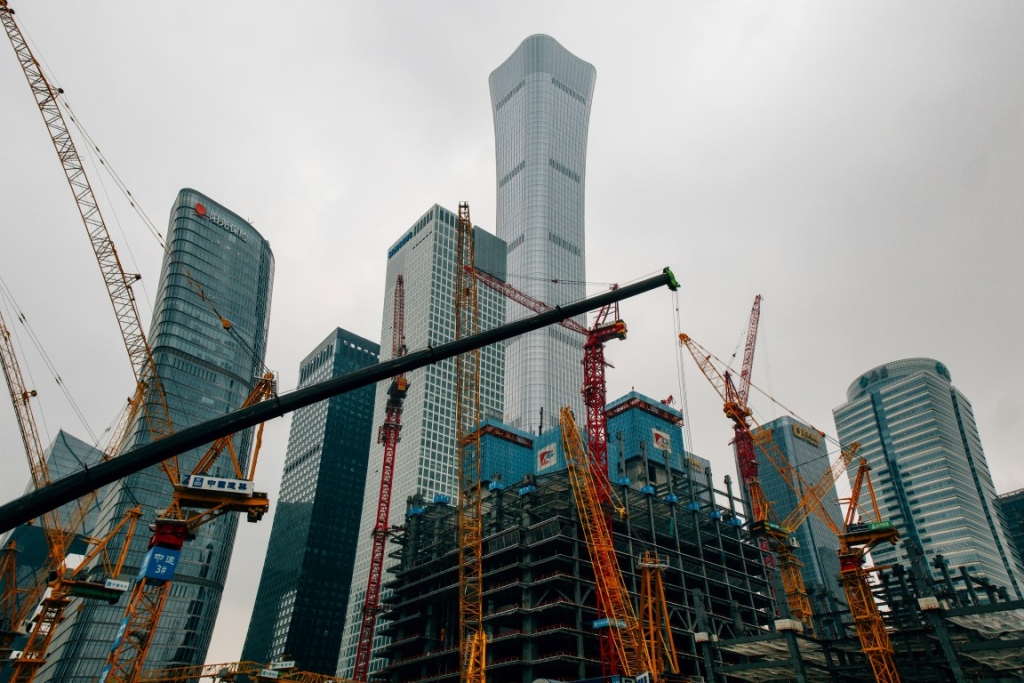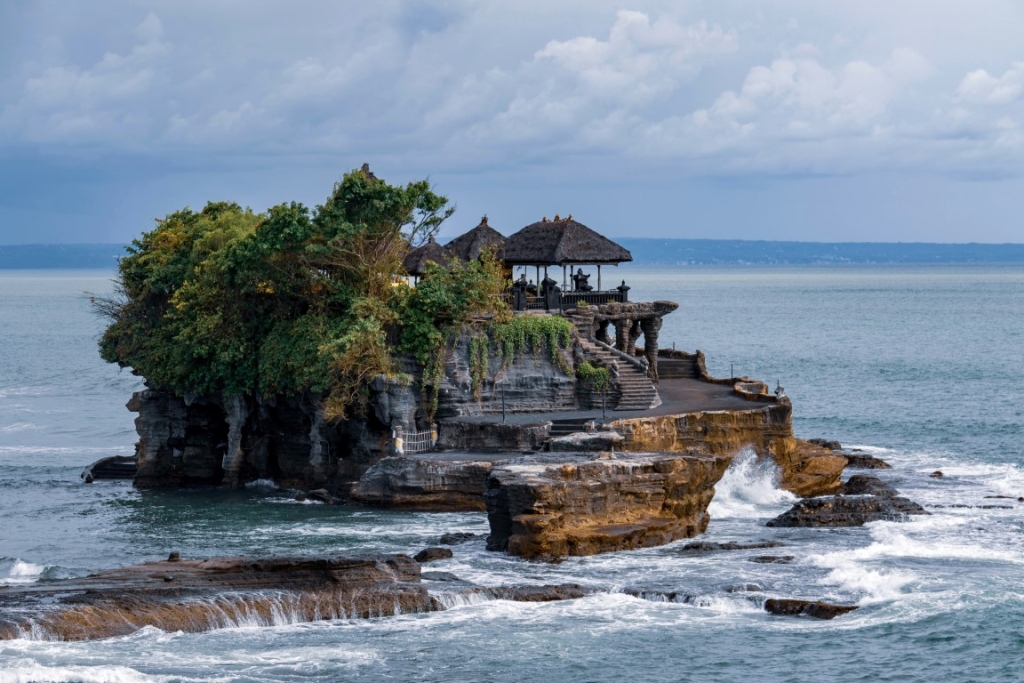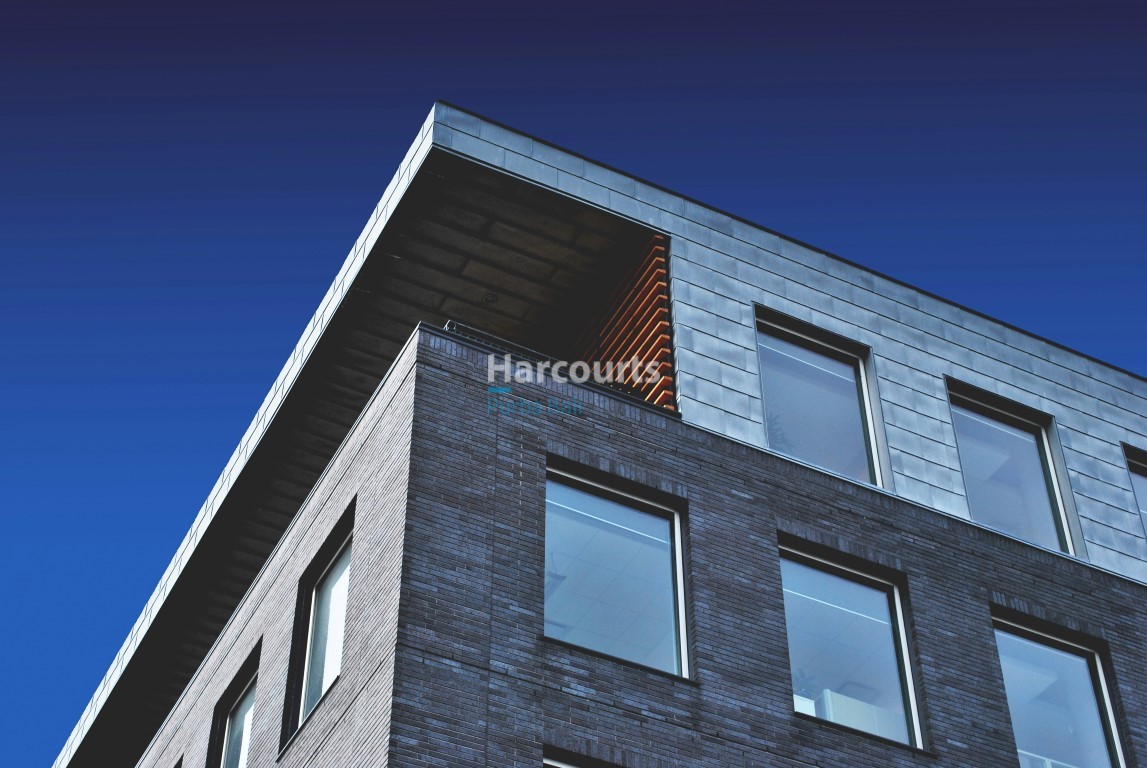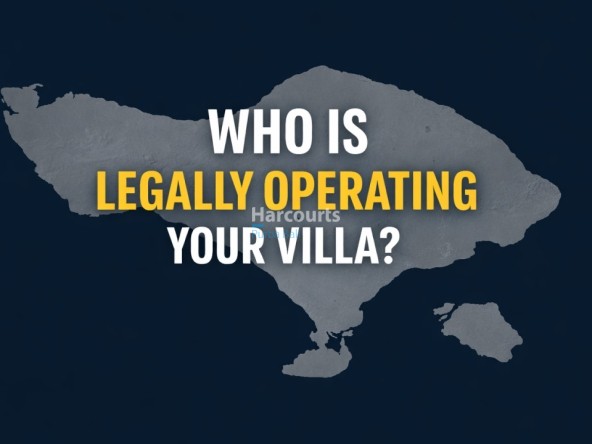When exploring property ownership in Bali, understanding the key differences between leasehold vs freehold properties is essential. Each type of ownership offers unique benefits and limitations that can significantly impact your investment. At Harcourts Purba Bali, we aim to provide clarity on these distinctions to help you make an informed decision that aligns with your goals and preferences.




Understanding Leasehold Properties
A leasehold property, also known as “Hak Sewa” in Indonesian, is a type of ownership where an individual or entity leases land from the landowner for a specific period, typically ranging from 25 to 99 years. The leasehold agreement grants the lessee the right to use the land and any structures on it during the lease term, after which ownership reverts back to the landowner unless the lease is renewed.
Cost Considerations
Leasehold properties generally have a lower upfront cost compared to freehold properties. This makes them more accessible for those looking to invest in Bali without a significant initial outlay. The lease price is often negotiated in Indonesian Rupiah (IDR), and the total cost is typically lower due to the temporary nature of the ownership.
Flexibility and Renewal
One of the advantages of leasehold properties is the flexibility they offer. Lease terms can often be renewed, providing an opportunity to extend the lease beyond the initial term. However, it’s crucial to negotiate renewal terms at the outset to ensure favorable conditions in the future.
Foreign Ownership
Foreign investors are more inclined to consider leasehold properties in Bali, as Indonesian law restricts direct foreign ownership of freehold land. Leasehold agreements provide a legal and straightforward way for foreigners to invest in the Bali property market, making it a popular choice among international buyers.
Limitations of Leasehold Properties
While leasehold properties offer several benefits, they also come with limitations. The most significant drawback is the lack of perpetual ownership. Once the lease term expires, the property reverts to the landowner, and the lessee must negotiate a new lease or vacate the property. Additionally, the value of leasehold properties tends to depreciate as the lease term approaches its end, which can affect the property’s resale value.
Exploring Freehold Properties
Freehold ownership, or Hak Milik, grants the owner full, indefinite ownership of both the land and any structures on it. This type of ownership is highly desirable due to its perpetual nature, allowing the owner to hold, use, or transfer the property without any time limitations.
Higher Initial Investment
Freehold properties generally require a higher initial investment compared to leasehold properties. The cost is often significantly greater due to the permanent ownership rights and the higher demand for such properties in Bali. Prices for freehold properties are also typically quoted in Indonesian Rupiah (IDR), reflecting the property’s long-term value.
Exclusivity for Indonesian Citizens
Under Indonesian law, freehold ownership is reserved exclusively for Indonesian citizens. Foreigners cannot directly own freehold land; however, they can invest through Indonesian nominees or use other legal structures, such as establishing a PMA (foreign investment company). It’s important for foreign investors to understand these legal constraints and seek professional advice to navigate the complexities of freehold ownership in Bali.
Appreciation and Resale Value
One of the significant advantages of freehold properties is their potential for appreciation over time. Due to the permanence of ownership, freehold properties tend to retain or increase in value, making them a more stable investment. This characteristic, combined with the high demand for freehold properties in Bali, often results in a favorable resale value, providing long-term financial benefits for the owner.
Security and Legacy
Freehold properties offer a sense of security and the ability to pass down the property to future generations. This aspect is particularly appealing to those looking to establish a lasting legacy in Bali. The perpetual nature of freehold ownership ensures that the property remains within the family or chosen heirs, providing peace of mind for many investors.
Leasehold vs Freehold: Key Differences to Note
Ownership Duration
The most fundamental difference between leasehold and freehold properties is the duration of ownership. Leasehold properties are bound by the lease term, while freehold properties offer indefinite ownership. This distinction significantly impacts the long-term value and investment potential of each property type.
Cost Implications
Leasehold properties typically require a lower initial investment compared to freehold properties, making them more accessible for some buyers. However, freehold properties, despite their higher upfront cost, often provide better long-term value and appreciation potential.
Foreign Ownership Considerations
Leasehold properties are more accessible to foreign investors due to the restrictions on foreign ownership of freehold land in Indonesia. While freehold properties are exclusive to Indonesian citizens, foreigners can still invest through alternative legal structures, although this requires careful planning and professional guidance.
Renewal and Transferability
Leasehold properties offer flexibility in terms of renewal, but this process can involve negotiations and may result in changing terms. Freehold properties, on the other hand, provide complete ownership rights, allowing for seamless transfer and sale without the need for renewal.
Leasehold vs Freehold: Making the Right Choice
Choosing between leasehold and freehold properties ultimately depends on your individual needs, investment goals, and long-term plans. Leasehold properties may be ideal for those seeking a more affordable entry into the Bali property market or for foreign investors looking for a straightforward investment option. In contrast, freehold properties offer permanent ownership, potential for long-term appreciation, and a legacy for future generations, but they come with higher initial costs and legal restrictions for foreigners.
Remember, investing in Bali’s real estate is not just about acquiring property—it’s about making a strategic decision that aligns with your lifestyle and financial goals. Let Harcourts Purba Bali be your trusted partner in this journey. Contact us today to learn more about how we can help you find the perfect property in Bali that meets your needs and investment objectives.





